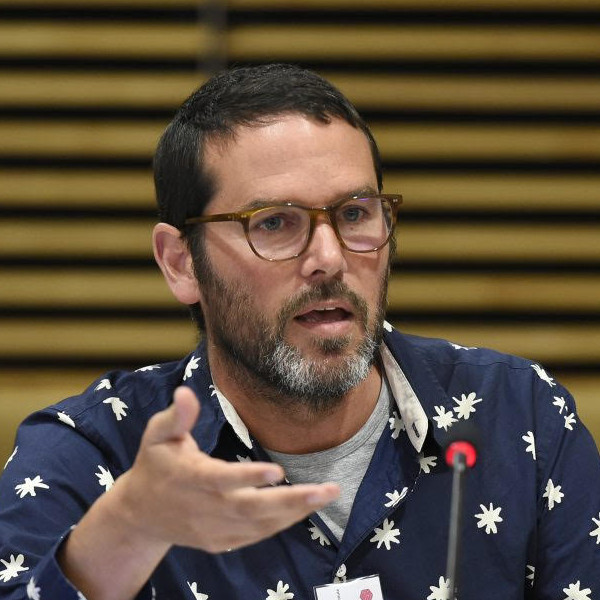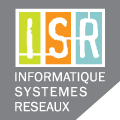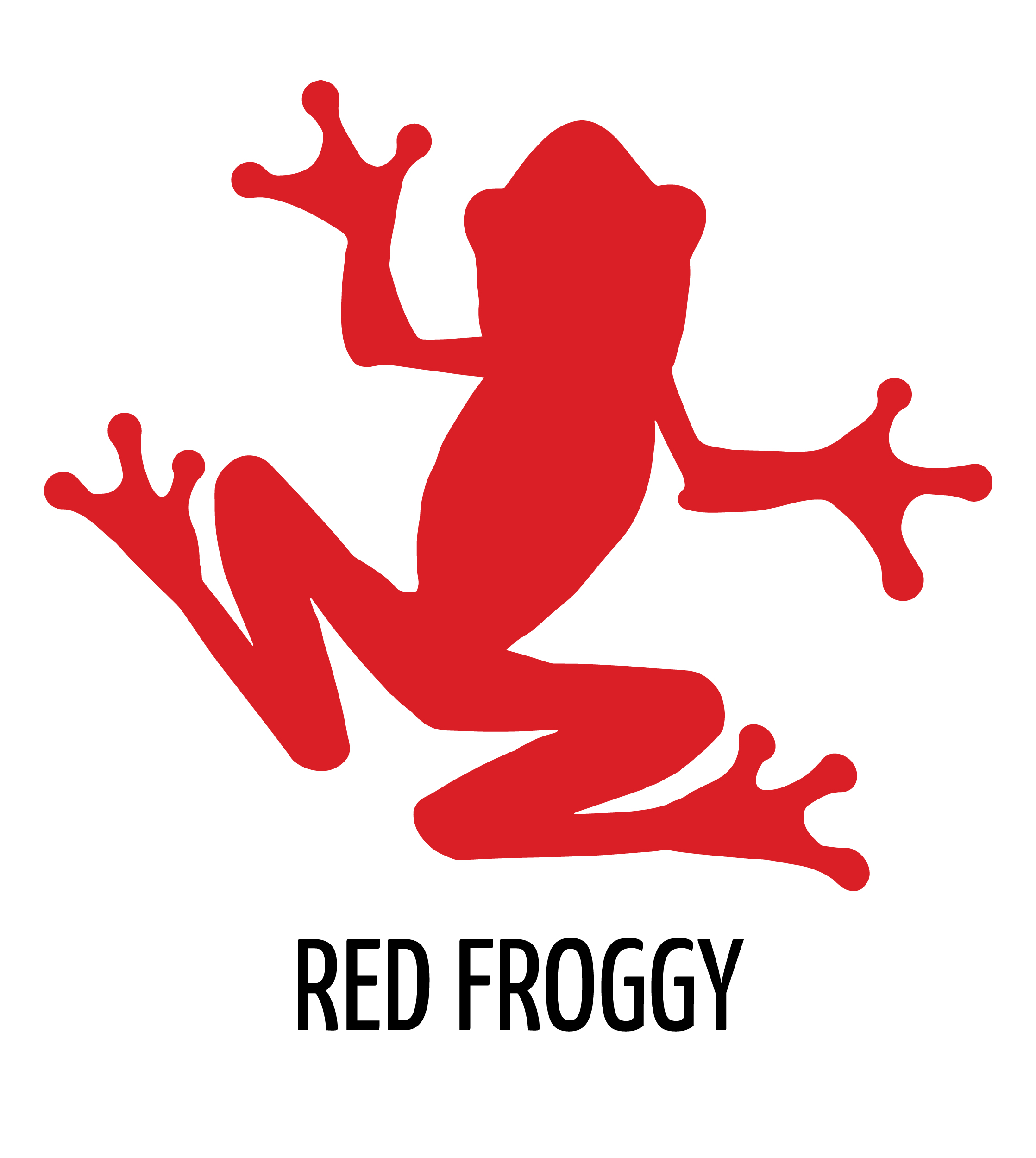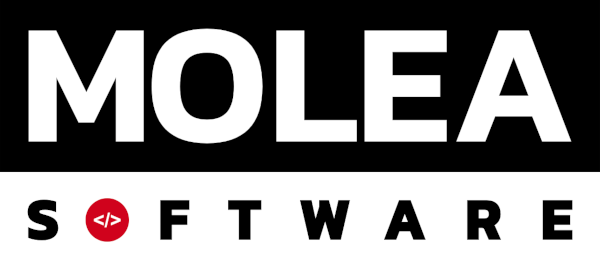![Means and Ends]() Talk
Talk
Means and Ends
This presentation is about designed objects, or more specifically “superlative objects” (Barthes, 2009, p.101) - objects of design that somehow achieve an elevated status. The central thesis is that by placing such a high cultural value on the object, the systems and resources behind its realization are
largely allowed to be hidden from view, skipped over, taken for granted. This elision gives mainstream design an enormous advantage over alternative approaches, as all the available methods and means - global resources, neo-liberal labor practices, highly sophisticated manufacturing and marketing methods, intricate supply chains and the latest technological advances - can be exploited to achieve the celebrated end. How can more ethical or ecological design processes compete - when only the end product, the superlative object, is valued?

James Auger
James Auger est enseignant chercheur et directeur adjoint au département de design de l'École normale supérieure Paris-Saclay. Entre 2005 et 2015, il a fait partie du département Design Interactions acclamé par la critique du Royal College of Art (RCA), enseignant dans le programme de maîtrise et travaillant sur le développement d'approches critiques et spéculatives de la conception et de la technologie, complétant son doctorat sur le sujet en 2012. Après le RCA, James a déménagé au Portugal pour mener des recherches au Madeira Interactive Technologies Institute (ITI), cofondant le Reconstrained Design Group avec Julian Hanna et développant des projets qui exploraient le potentiel de l'île en tant que laboratoire vivant expérimental grâce à une combinaison de propositions et de projets multi-échelles fictifs, factuels et fonctionnels liés à l'énergie. James est également partenaire de la pratique de conception spéculative Auger-Loizeau, une collaboration fondée en 2000. Les projets Auger-Loizeau ont été publiés et exposés à l'international, notamment au MoMA, New York; 21_21, Tokyo; Le Science Museum, Londres; Musée national de Chine, Pékin et Ars Electronica, Linz. Leur travail est dans la collection permanente du MoMA.
















